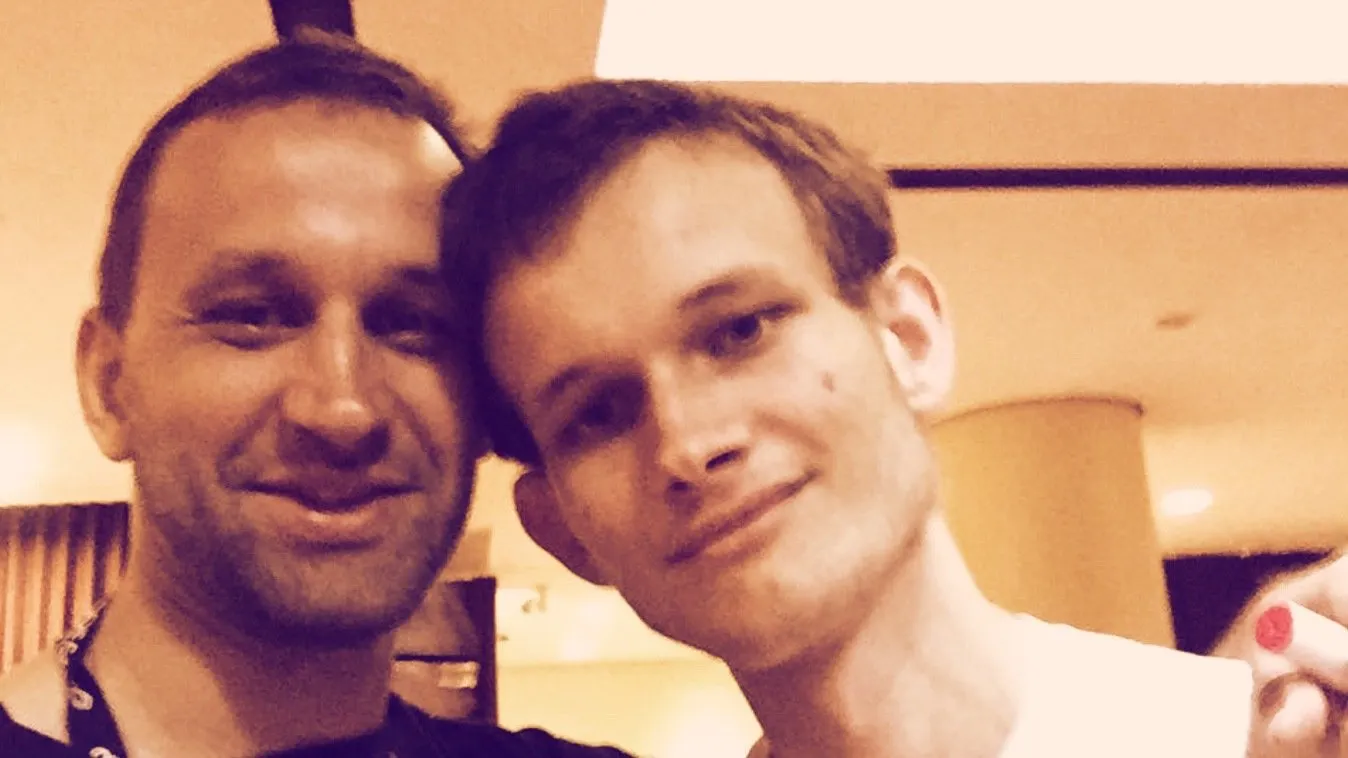Growing up in liberal Canada, Vitalik Buterin—co-founder of the world’s second biggest blockchain, Ethereum—was never allowed to forget his Soviet heritage.
Canada is obviously a far cry from Soviet Russia. But it does have strong socialist tendencies, as Dmitry Buterin told early bitcoin adopter Jeff Berwick, in a recent interview. In the video clip, Buterin senior explains that his heritage was key to helping the would-be-entrepreneur look to alternative ways of organising people and ideas, that would ultimately lead him to blockchain.
The father of the 25-year-old boy-genius, Dmitry Buterin, 46, is from oil-rich Chechnya—a region which suffered some of the worst atrocities committed in Russia’s long, authoritarian past.
Buterin senior studied computer science in Moscow before turning serial entrepreneur. He emigrated with his family to Canada, when Vitalik was six, settling in Toronto. But the Soviet experience, during his formative years, has naturally stayed with him.
Chechens suffered special hardships during Soviet times. Joseph Stalin banished the entire population to Kazakhstan and Siberia during World War Two, killing tens of thousands of people in the process. Survivors were allowed to return after Stalin’s death, but life was harsh.
Fast forward a few decades, those historical footnotes were comingling with ideas about unions and social housing taught to Vitalik in middle school. This proved fertile ground for discussion between the father and son, with Buterin senior quick to point out that socialism, when you’re living it, is not as awesome as it sounds on paper.
“Sometimes it was impossible to get a toothbrush, because they sent the entire shipment to Vladivostok. Socialism breeds heavily centralised systems. That’s what you get when government decides for you. That was my background,” said Buterin senior.
Even with the breakup of the U.S.S.R, things didn’t get any better in Chechnya—10 years of civil war followed, while the republic fought, unsuccessfully, to gain its independence from Russia. Peace now reigns but at the expense of authoritarian rule, human rights violations, suppression of the media and mass migration.
These are some of the home lessons the young Buterin imbibed along with his quart of milk. And the results of this schooling are umbilically bound to his passion to design better systems, and better institutions, implies father Buterin.
Looking back over his previous interviews, Dmitry Buterin has often spoken about how his experiences growing up fanned his interest in anarcho-capitalism. As a result, he says it was somewhat inevitable that he himself would be interested in bitcoin—and claims to have introduced Vitalik to Satoshi Nakamoto’s vision of decentralized cash.
Socialism certainly has a lot to answer for.

